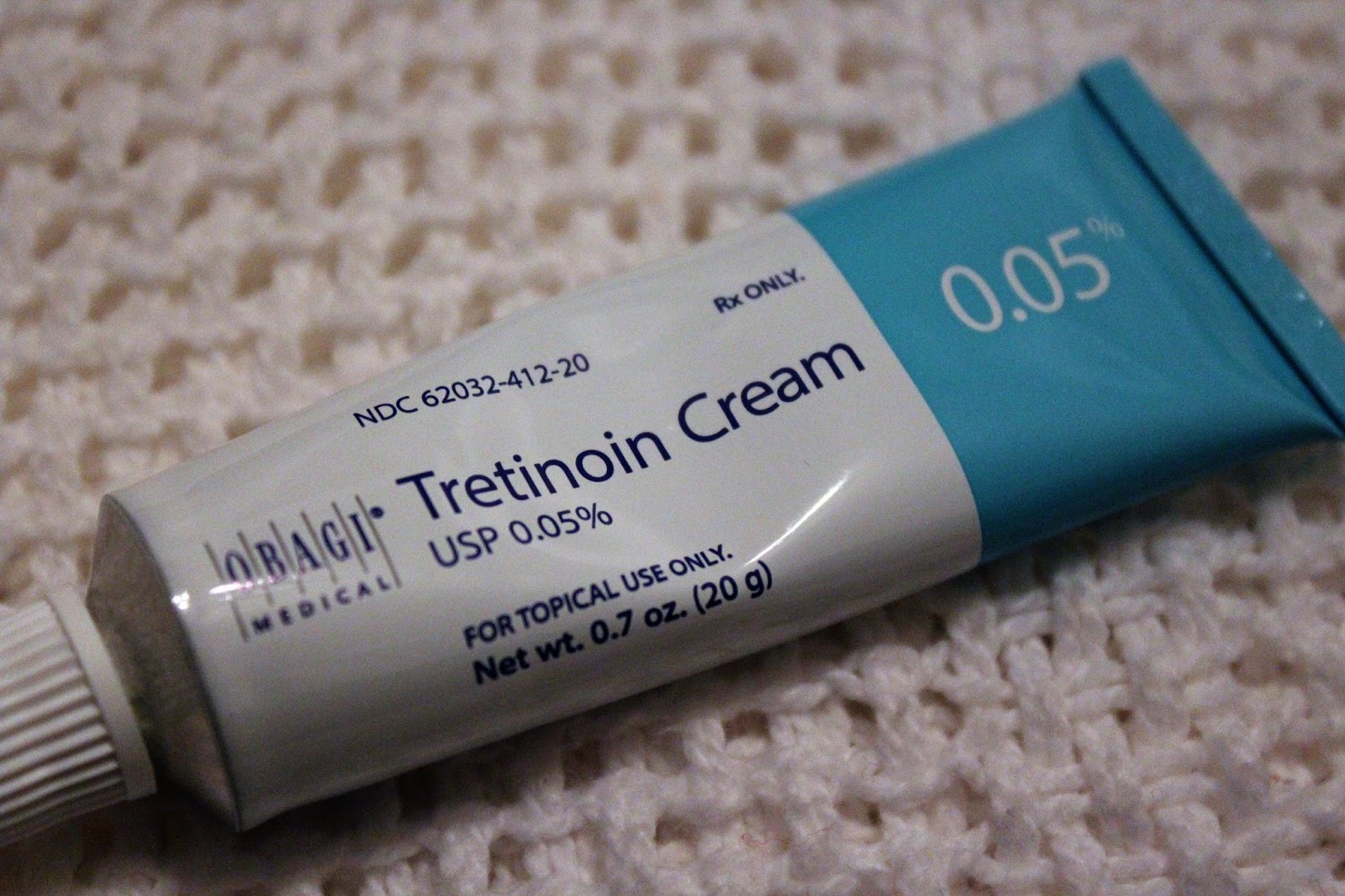When used correctly, tretinoin is an effective treatment for acne, dark spots and fine lines. However, it is important to pair it with the right skin care cream and avoid sun exposure, which can increase sensitivity.
Wash your child’s hands and face with mild, bland soap and water before applying the medication. Dry the area thoroughly.
Acne Treatment
In acne, a buildup of oil and dead skin cells causes pores to get clogged. When bacteria infiltrates the clogged pore, it becomes inflamed and forms a pimple. Acne can appear anywhere on the face or body. It is more common during puberty, but it can persist throughout life.
Treatment for acne usually includes a topical antibiotic like clindamycin or benzoyl peroxide to control bacteria, and retinoids such as adapalene (Differin) or tretinoin (Retin-A) to unblock pores. Retinoids increase skin cell turnover and decrease oil production to prevent new pimples from forming.
Apply tretinoin gel or cream to clean skin once daily at bedtime. It may irritate your skin when you first begin using it, but this should subside as your skin gets used to the medication. You should avoid products that dry your skin, including astringents and certain types of facial hair removal, until your skin adjusts to tretinoin. You should also avoid tanning beds and excessive exposure to sunlight while you use this medicine, as it can make your skin sensitive to sunburn.
Anti-Aging Treatment
Retinols, which are also used to treat acne, have been shown to help fight the effects of aging by fading actinic keratosis spots, smoothing skin’s texture, and evening out skin tone. Retinols can also reduce fine lines and wrinkles by increasing collagen production in the skin, which is accelerated by exposure to UVA and UVB light.
Topical tretinoin also improves sun-damaged skin, reducing the appearance of dark spots, uneven pigmentation, and increased tightness of the skin. It can even reverse some of the damage caused by excessive sun exposure, as it prevents the breakdown of collagen and cell proteins normally triggered by UV light (Yoham, 2020; Zasada, 2019).
Tretinoin must be used properly to achieve anti-aging benefits. It is recommended to apply it two times a week and wait 20 to 30 minutes for the cream to absorb. Avoid washing your face or scrubbing the area with abrasive soap and use moisturizers on a daily basis.
Skin Lightening Treatment
Tretinoins accelerate skin cell turnover and encourage collagen production, making them effective in diminishing fine lines and wrinkles. They also help to fade uneven pigmentation, especially dark spots caused by sun damage or melasma. Lightening agents like hydroquinone, licorice, and kojic acid can be combined with tretinoin to improve the effectiveness of these treatments. Some patients experience a tingling or pricking sensation during this treatment, and they may need several sessions to obtain the desired results.
Patients should use a light moisturizer after using tretinoin to prevent dryness and irritation. They should avoid exposing the skin to sunlight while taking tretinoin, since it can increase sensitivity. They should also not use tretinoin if they are pregnant or trying to become pregnant (including those undergoing fertility treatment). Those with sensitive skin may need a lower concentration or a less frequent application to minimize side effects. Consult a licensed doctor through a free telemedicine appointment for individualized recommendations.
Skin Brightening Treatment
Using a topical Tretinoin cream or gel helps diminish dark spots, known as hyperpigmentation. It also works to reduce sun damage and improve overall skin tone. It does this by decreasing the amount of melanin in the skin cells, and thereby lightening it.
This is a great option for those looking to get rid of dark circles under the eyes, or uneven skin tone. It also works to minimize melasma, and can be used in conjunction with other skin-lightening treatments like chemical peels.
The biggest thing to remember with any prescription retinoid is that less is more. Putting more on your face or applying it more often will not make it work faster or better, it may actually cause skin irritation and speed up the process of getting your facial skin to change. It is important to titrate the application, start slow and only use as directed. It is also recommended to always use a good sunscreen when using a retinoid.TretinoinYouth

